UK inflation falls to 2%. A temporary dip or a longer-term trend?
Prices across the UK rose by 2% in the year to July. Saloni Sardana looks at what's behind the rise, and asks if it's just s short term dip.

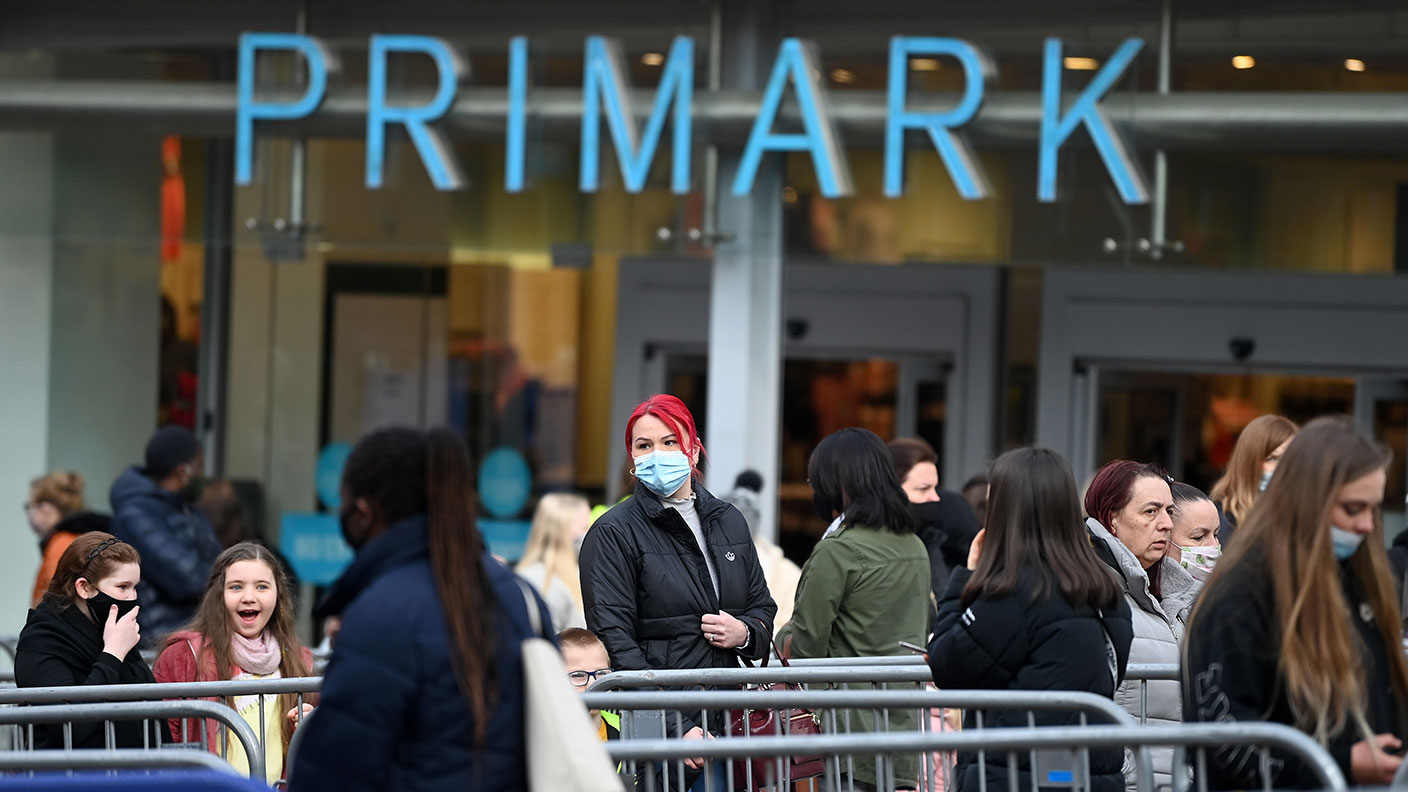
Get the latest financial news, insights and expert analysis from our award-winning MoneyWeek team, to help you understand what really matters when it comes to your finances.
You are now subscribed
Your newsletter sign-up was successful
Want to add more newsletters?

Twice daily
MoneyWeek
Get the latest financial news, insights and expert analysis from our award-winning MoneyWeek team, to help you understand what really matters when it comes to your finances.

Four times a week
Look After My Bills
Sign up to our free money-saving newsletter, filled with the latest news and expert advice to help you find the best tips and deals for managing your bills. Start saving today!
Prices across the UK rose by 2% in the year to July, according to the latest figures from the Office for National Statistics (ONS), falling short of expectations. CPI was unchanged in July, compared with rises of 0.4% in July 2020.
Why has inflation dipped?
The lower reading was caused by a fall in prices in clothing and footwear, said the ONS, as retailers cut prices and offered summer sales. But this was partially offset by a rise in the price of second-hand cars, which fell last year: “Inflation fell back in July across a broad range of goods and services, including clothing... This was offset by a sharp rise in the price of second-hand cars,” says Jonathan Athow, ONS’ deputy national statistician.
Wednesday’s reading came after UK inflation had jumped to its highest level in three years last month with CPI hitting 2.5% thanks to an increase in the price of food, dining out, and clothing and footwear. So the dip is also related to the fact that price rises were exceptionally high last month.
MoneyWeek
Subscribe to MoneyWeek today and get your first six magazine issues absolutely FREE

Sign up to Money Morning
Don't miss the latest investment and personal finances news, market analysis, plus money-saving tips with our free twice-daily newsletter
Don't miss the latest investment and personal finances news, market analysis, plus money-saving tips with our free twice-daily newsletter
Britain’s FTSE 100 stockmarket index fell 0.4% on the news, while the pound was 0.2% higher against the dollar at $1.376.
Is this a short-term dip?
Markets have been divided as to whether inflation, which has been rising across several major economies, is transitory or whether it should be a reason to worry and result in an earlier tightening of monetary policy.
“This is good news for those fretting about rising prices but potentially raises some questions about the strength of the UK economic recovery,” says Russ Mould, investment director at AJ Bell.
But Ian Warwick, managing partner at Deepbridge Capital, is less convinced that Wednesday’s lower than expected reading means inflation has cooled off: “While inflation may have slowed slightly to fall within the Bank of England’s target of 2% this does not mean that rates won’t pick up over the coming months,” he said.
Many early-stage businesses will be thriving in the recently reopened economy, but they will keep an eye out for any rise in interest rates as it could limit the amount they can borrow at a pivotal time, he adds.
This view is echoed by other experts: “Inflation stepped off the accelerator in July, but this doesn’t mean we’re set for a gentle ride, because it owes an enormous amount to an artificial bump in prices a year earlier. The underlying pressure on prices, particularly from soaring petrol and second-hand car prices, mean it’s set to pick up speed again soon, and may well hit 4% by the end of the year,” warns Sarah Coles, personal finance analyst at Hargreaves Lansdown.
Get the latest financial news, insights and expert analysis from our award-winning MoneyWeek team, to help you understand what really matters when it comes to your finances.
Saloni is a web writer for MoneyWeek focusing on personal finance and global financial markets. Her work has appeared in FTAdviser (part of the Financial Times), Business Insider and City A.M, among other publications. She holds a masters in international journalism from City, University of London.
Follow her on Twitter at @sardana_saloni
-
 Should you buy an active ETF?
Should you buy an active ETF?ETFs are often mischaracterised as passive products, but they can be a convenient way to add active management to your portfolio
-
 Power up your pension before 5 April – easy ways to save before the tax year end
Power up your pension before 5 April – easy ways to save before the tax year endWith the end of the tax year looming, pension savers currently have a window to review and maximise what’s going into their retirement funds – we look at how
-
 Why investors can no longer trust traditional statistical indicators
Why investors can no longer trust traditional statistical indicatorsOpinion The statistical indicators and data investors have relied on for decades are no longer fit for purpose. It's time to move on, says Helen Thomas
-
 What's behind the big shift in Japanese government bonds?
What's behind the big shift in Japanese government bonds?Rising long-term Japanese government bond yields point to growing nervousness about the future – and not just inflation
-
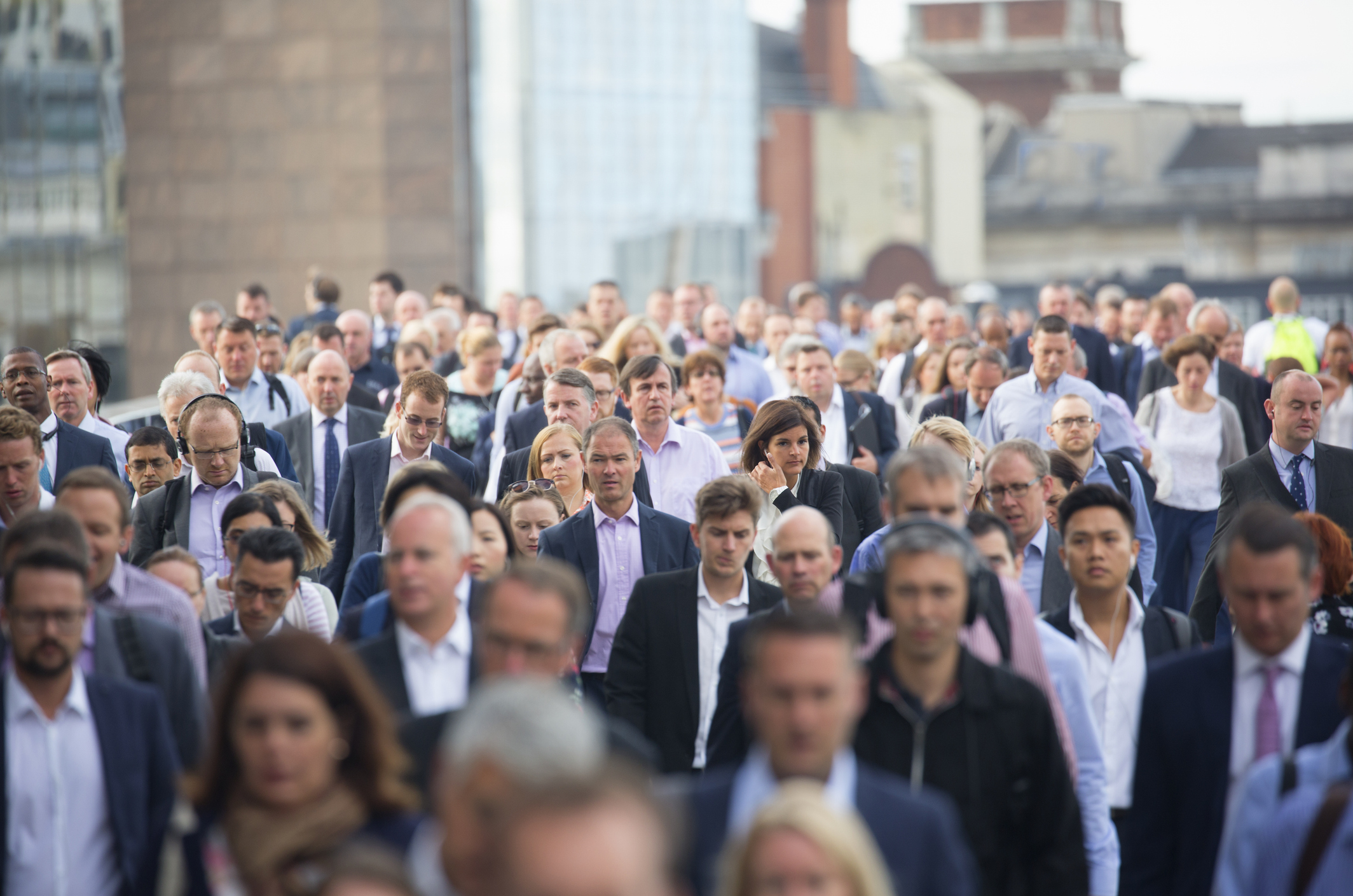 Unemployment remains at five-year high as wage growth continues to slow
Unemployment remains at five-year high as wage growth continues to slowUnemployment in the UK held at 5.1% in the three months to November as wage growth fell again month-on-month.
-
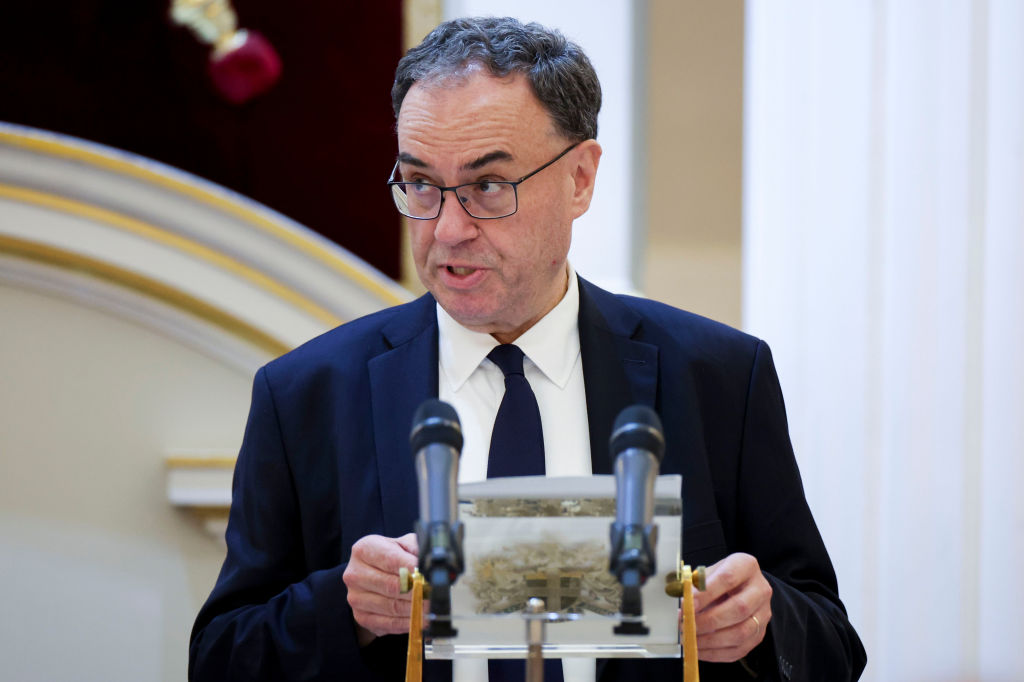 Is the Office for National Statistics fit for purpose?
Is the Office for National Statistics fit for purpose?Britain’s statistics authority, the Office for National Statistics, is increasingly unfit for purpose. Why, and what can be done?
-
 UK inflation forecast: where are prices heading next?
UK inflation forecast: where are prices heading next?UK inflation fell sharply in January. Is price growth expected to fall further in 2026, and when will inflation go back to the 2% target?
-
 Uncertainty ahead of the Budget causes house price growth to stall, says Rightmove
Uncertainty ahead of the Budget causes house price growth to stall, says RightmoveProperty website Rightmove says asking prices increased by just 0.3% in October, well below the 1.3% average for the month
-
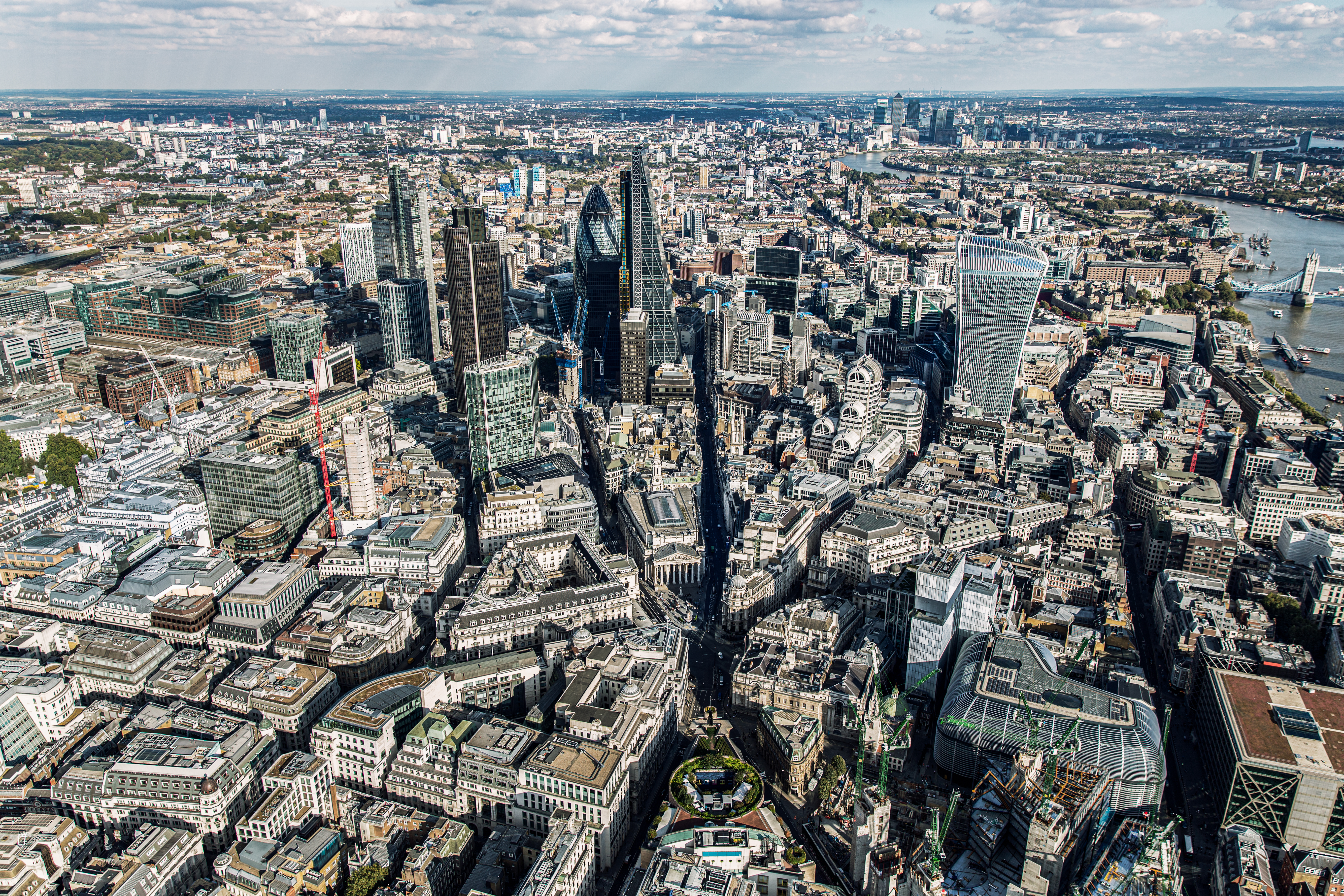 ONS: UK economy grew by ‘lacklustre’ 0.1% in final quarter of 2025
ONS: UK economy grew by ‘lacklustre’ 0.1% in final quarter of 2025The construction sector performed its worst in more than four years in the final quarter of 2025, the latest Office for National Statistics (ONS) GDP figures show
-
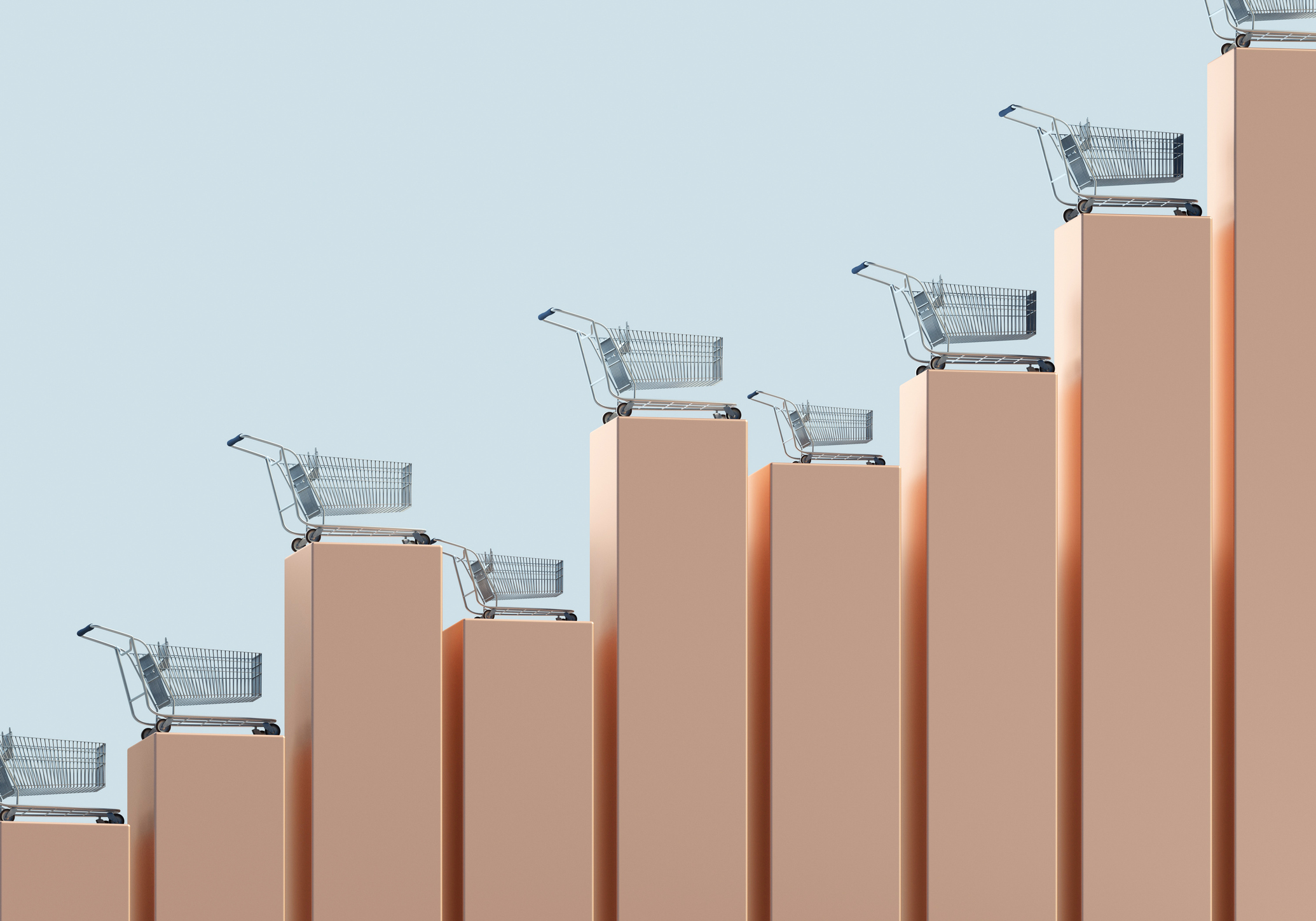 UK inflation: What are the Consumer Price Index release dates?
UK inflation: What are the Consumer Price Index release dates?The UK’s inflation reports are published monthly. When do they come out and where are prices heading?
